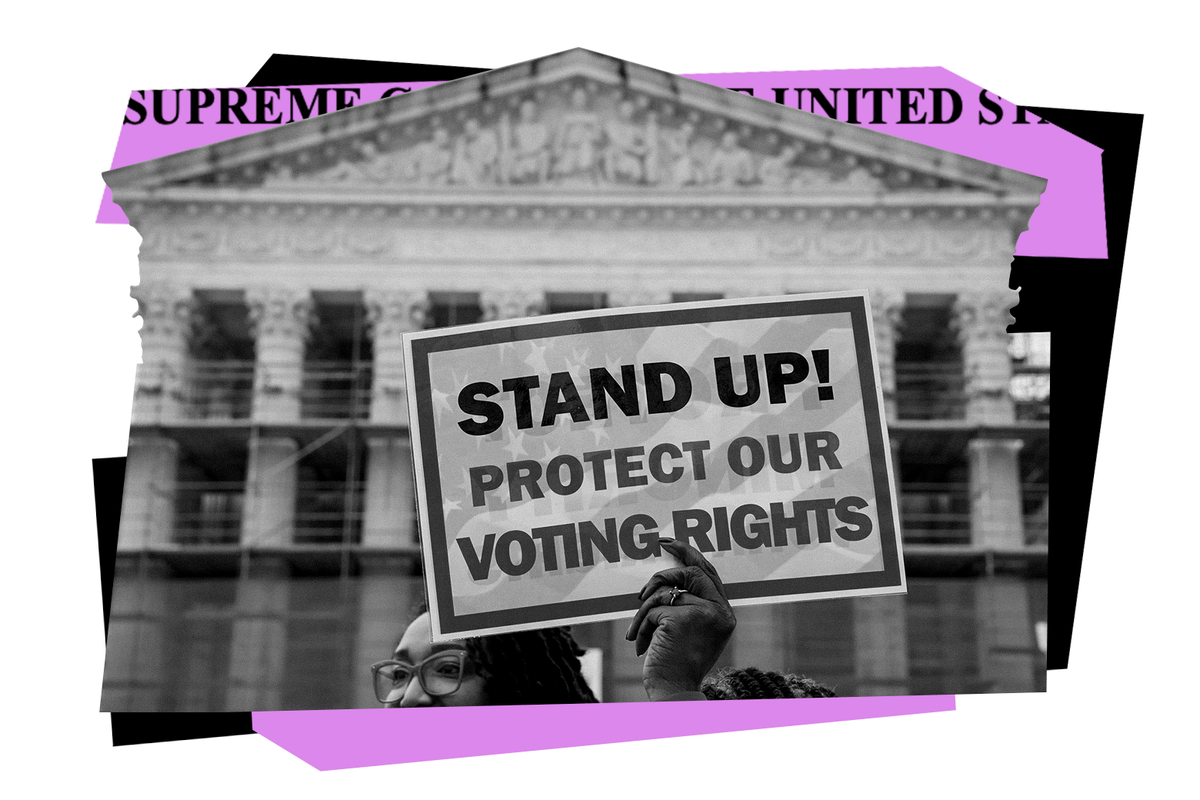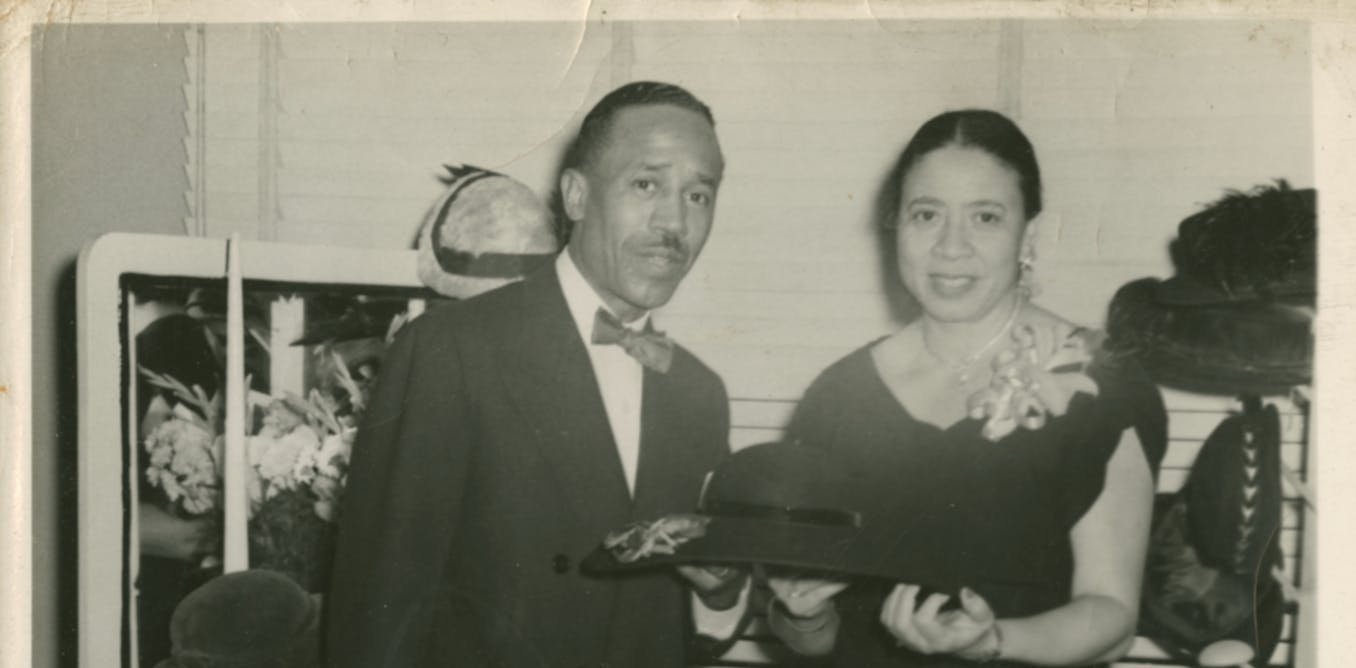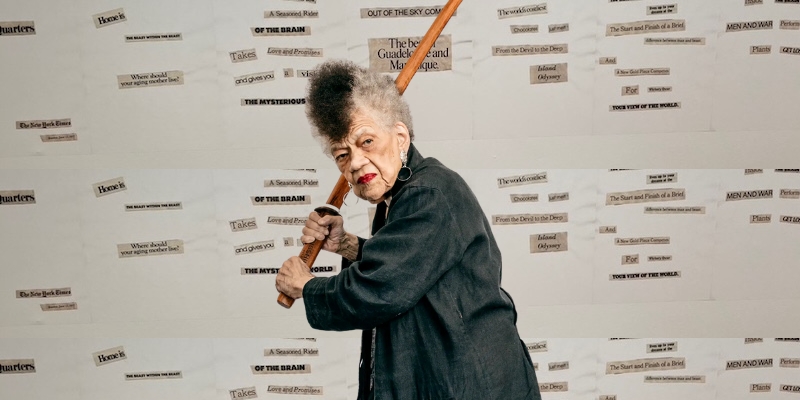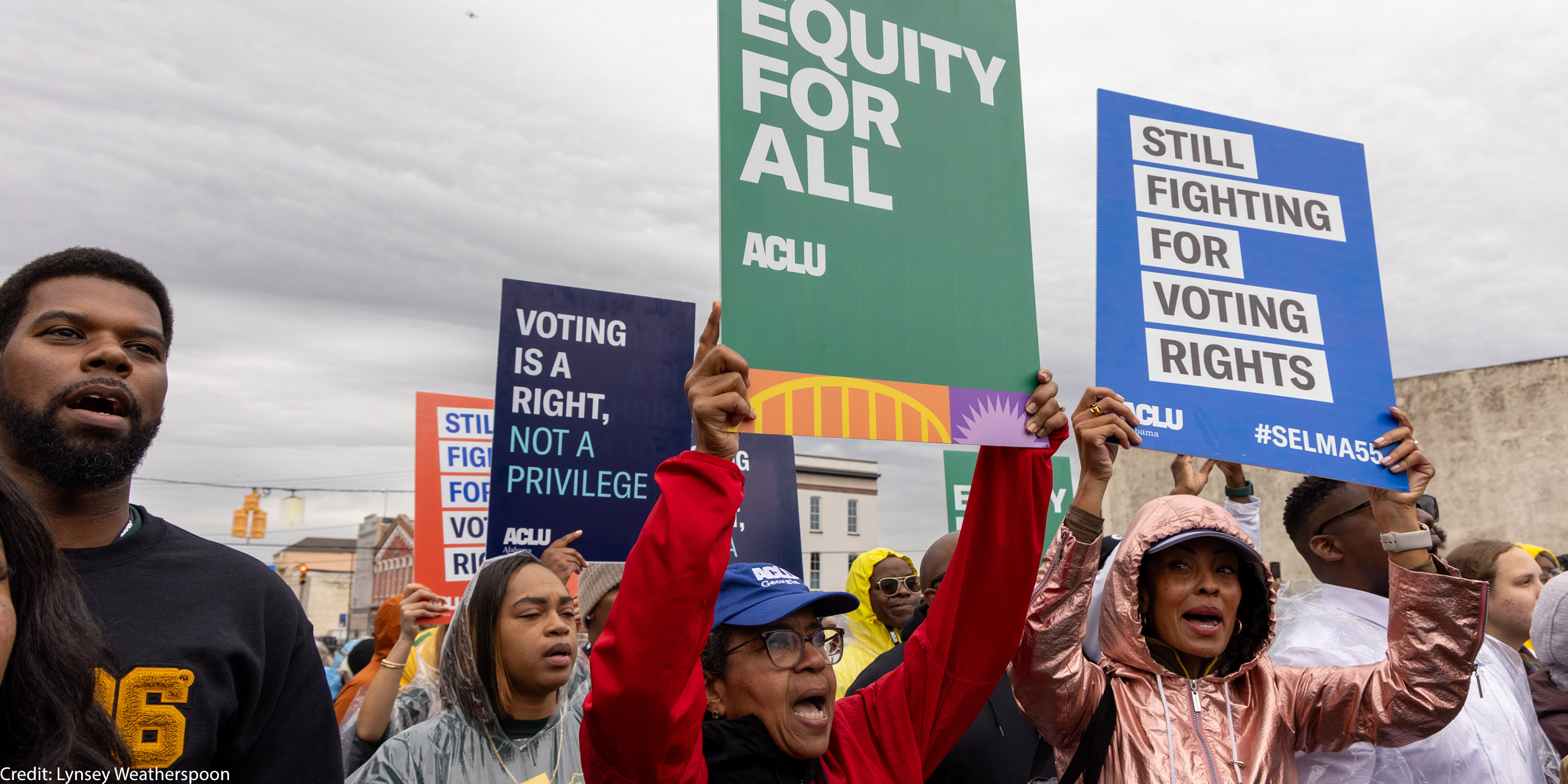- BlackVoter.Org
- Posts
- BlackVoter.Org
BlackVoter.Org


On a recent episode of "Morning Joe," far-left panelist Elie Mystal stirred the pot by advocating for the complete elimination of voter registration laws in the U.S.
His argument? That such regulations are rooted in racism and impede eligible voters, especially Democrats, from participating in elections. Mystal believes anyone meeting basic eligibility criteria, like age, should be able to vote without the bureaucratic hassle of registration.
He claimed that millions of potential voters abstained from the 2024 election because they weren't registered, blaming past registration laws for electoral losses. While he calls for expanded voting rights, the proposal ignites a heated debate about election integrity and the balance between access and accountability.
Mystal’s remarks challenge long-standing systems, stirring discussions about who gets to shape the future of American democratic participation. Love it or hate it, his bold stance is sure to fuel ongoing conversations about voting rights in a divided political landscape.

The Supreme Court’s recent hearing on Louisiana’s congressional map could spell disaster for the Voting Rights Act. In the case of Louisiana v.
Callais, the justices are weighing whether the map—which includes two majority-Black districts to comply with the Voting Rights Act—might itself be unconstitutional. Initially, lower courts found that Black voters' rights were diluted, prompting Louisiana to redraw the map.
However, during oral arguments, conservative justices expressed skepticism about the need for those districts, hinting at a broader threat to the Voting Rights Act itself. Justice Kagan emphasized that the decision to create these districts was backed by a federal court’s directive, while other justices questioned the legality of that mandate.
If the court rules against the map, it could severely restrict states' abilities to uphold voting rights, altering the landscape of American democracy and making it notably harder for voters of color to secure fair representation.

The fight for Black voter representation in Louisiana is heating up as the Supreme Court takes on a pivotal case regarding congressional districting. At the heart of the controversy is a 2022 map drawn by a Republican-majority legislature, which only included one majority-Black district despite Black residents comprising a third of the state's population.
Former U.S.
Attorney General Eric Holder argues that Louisiana must maintain a second majority-Black district to uphold the Voting Rights Act of 1965. The court's decision could either reinforce representation for Black Louisianans or lead to further legal battles over districting.
As civil rights leaders maintain that recent court rulings have eroded voting protections, the outcome of this case could have significant implications for democratic access and the political landscape in the South. Advocates are calling for the Court to stay true to its previous rulings and uphold the right to fair representation at the ballot box.

Mae Reeves, a trailblazing entrepreneur and milliner in Philadelphia, transformed her hat shop into a vibrant hub for community engagement and Black empowerment over five decades. Famous for her extravagant designs, which graced the heads of legends like Lena Horne and Ella Fitzgerald, Mae’s Millinery was a creative sanctuary in a time of racial adversity.
Beyond fashion, Reeves pioneered civic involvement by converting her shop into a polling station, fostering voter participation among Black residents. With a fierce commitment to her community, she provided a welcoming space for voters, complete with food and encouragement to exercise their rights.
As a proud member of the Freedom Day Association, Mae ensured younger generations understood the significance of civil rights amendments. Her legacy is a powerful reminder of the impact one individual can have in advocating for social change while uplifting her community through creativity and entrepreneurial spirit.

Lorraine O'Grady, who didn't embrace her artistic identity until her mid-forties, redefined the landscape of contemporary art and literature. Celebrated for her multi-faceted works, from striking performances to provocative photomontages, O’Grady challenged conventions around race, gender, and identity.
Her groundbreaking essay, "Olympia’s Maid," critically examined representations of Black womanhood, while her innovative project "Cutting Out the New York Times" transformed mundane media language into vibrant visual poetry, revealing her inner world.
Known for her iconic presence—dressing in gowns made of white gloves and incorporating the community in her art—O'Grady's 2021 retrospective, titled both/and, celebrated her commitment to hybridity and intersectionality.
By merging autobiography with broader societal critiques, she crafted narratives that illuminated the complexities of identity. Even as she aged, her collaborations, like with musician Anohni, proved her enduring relevance, embodying her belief that art should embrace the beauty and joy of often unseen communities.

General Colin Powell's name has officially returned to Arlington National Cemetery's "Notable Graves" list as of March 25, 2025. Contrary to claims circulated on social media, which alleged his removal by Defense Secretary Pete Hegseth, a spokesperson clarified that Powell was never permanently taken off the site.
Instead, his profile, categorized under "Prominent Military Figures," faced brief disruptions during a website update. This adjustment stemmed from the implementation of diversity, equity, and inclusion directives, leading to several profiles being temporarily removed and subsequently reclassified under different categories.
Powell's historical significance, being the first African American to hold military and diplomatic leadership roles, is acknowledged in the cemetery's listings. While the changes sparked public scrutiny and misinformation, the cemetery confirmed that all previously removed profiles, including those of diverse backgrounds, remain accessible under relevant categories.
Powell is celebrated for his remarkable contributions to the nation, ensuring his legacy endures.

As the 60th anniversary of “Bloody Sunday” approaches, the annual Selma Jubilee serves as a poignant reminder of the ongoing struggle for voting rights in America. This historic march, originally marked by violence in 1965, sparked the passage of the Voting Rights Act, yet the fight continues today.
Recent events, including the ACLU’s sponsorship of the celebration, signal a renewed commitment to advocating for Black enfranchisement. Participants reflect on the legacy of the original foot soldiers while rallying against contemporary voter suppression efforts—like the SAVE Act—which aim to disenfranchise marginalized communities.
With battles against discriminatory practices unfolding nationwide, voting rights advocates emphasize that true democracy is a continuous fight. The spirit of Selma lives on, as communities unite, echoing the determination of past heroes to secure equitable access to the ballot box for all.